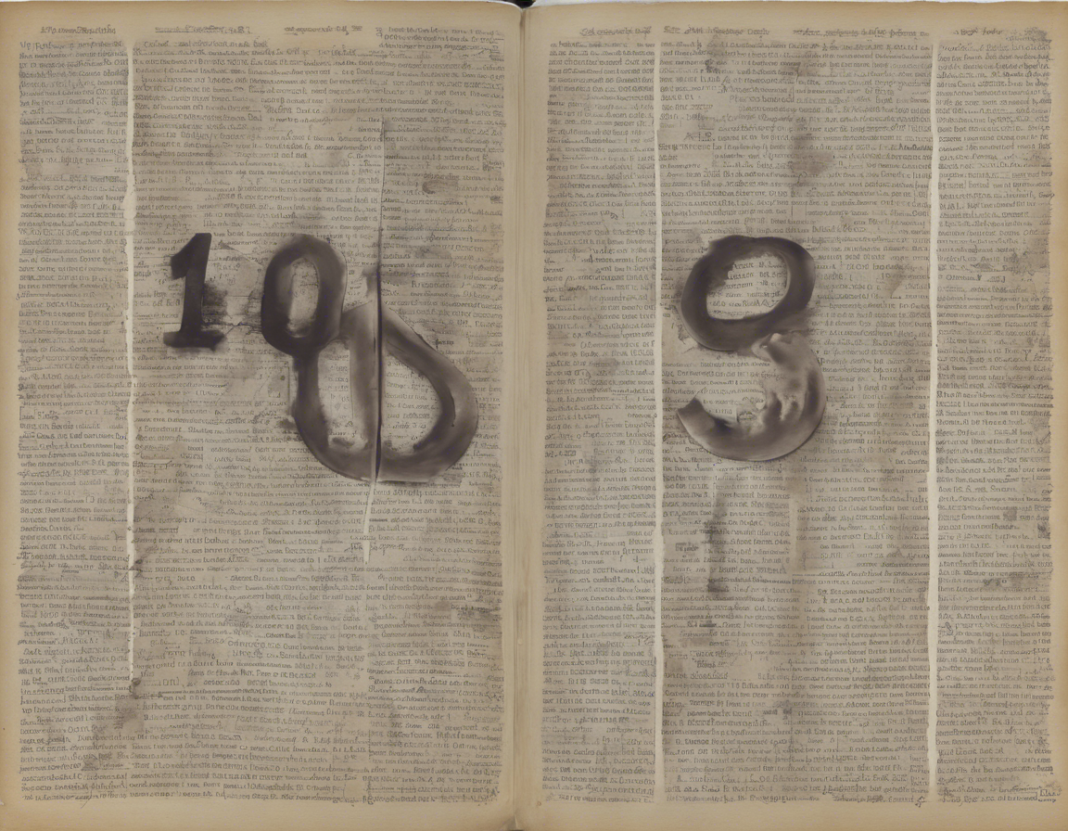Have you ever come across the number 135,000 and wondered how to spell it out correctly in words? While numbers are typically written in numerals, there are occasions when using words is more appropriate, such as in formal writing, legal documents, or when clarity is essential. In this comprehensive guide, we will delve into the intricacies of writing out 135,000 in words. Let’s explore the rules, tips, and exceptions to ensure you express this number accurately and effectively.
Understanding the Basics
Before we dive into writing out 135,000 in words, it’s crucial to understand how the number system works. Numbers are typically written using numerals, such as 1, 2, 3, etc. However, when you spell out numbers, there are specific rules to follow.
Rules for Writing Numbers in Words
- Hyphenate the Numbers: When writing numbers from twenty-one to ninety-nine, always use a hyphen. For example, twenty-one, fifty-five, seventy-eight.
- Avoid Using “and”: In standard American English, “and” is not used when writing out whole numbers. For example, one hundred twenty-three (correct) vs. one hundred and twenty-three (incorrect).
- Use Commas for Larger Numbers: Typically, commas are used as separators in larger numbers. For example, 1,000, 10,000, 100,000.
- Maintain Consistency: Whether you choose to write numbers in words or numerals, ensure consistency throughout your text or document.
Writing 135,000 in Words
To express the number 135,000 in words, follow these steps:
1. Start by writing “One hundred” for 100.
2. Add “thirty-five thousand” for 35,000.
3. Combine the two parts: “One hundred thirty-five thousand.”
4. Include the word “and” before the remaining three zeros: “One hundred thirty-five thousand and.”
By following these steps, you correctly spell out the number 135,000 as “One hundred thirty-five thousand.” This format adheres to standard guidelines for writing out large numbers in words.
Exceptions and Special Cases
While the general rules apply to most scenarios, there are certain exceptions and special cases to consider:
– Currency and Decimal Numbers: When dealing with currency or decimal numbers, the format may vary. For instance, $135,000 would be written as “One hundred thirty-five thousand dollars.”
– Technical or Scientific Writing: In technical or scientific writing, numerals are often preferred over words for clarity and precision.
– Legal Documents: Legal documents may have specific guidelines for writing out numbers, so it’s essential to adhere to those requirements.
Tips for Writing Large Numbers
To ensure accuracy and consistency when writing large numbers in words, consider the following tips:
– Proofread Carefully: Double-check the written form of numbers to avoid errors.
– Consult Style Guides: Refer to style guides such as APA, MLA, or Chicago for specific number formatting guidelines.
– Use Numerals for Complex Figures: For extremely large numbers or technical content, using numerals may enhance comprehensibility.
Frequently Asked Questions (FAQs)
- Is there a difference between British and American English when writing numbers in words?
-
While there are minor differences, such as the use of “and,” the fundamental rules for writing numbers in words are similar in both British and American English.
-
When should I use numerals instead of words for numbers?
-
Numerals are typically used for dates, times, measurements, and mathematical purposes. In most cases, using numerals is preferred for clarity and brevity.
-
Do I need to spell out numbers at the beginning of a sentence?
-
It is recommended to spell out numbers at the beginning of a sentence to maintain consistency. For example, “Thirty-five thousand participants were surveyed.”
-
Can I combine numerals and words when writing numbers?
-
To ensure clarity, it’s best to either use numerals or words consistently within the same number. Avoid mixing formats within the same figure.
-
Are there exceptions to the general rules of writing numbers in words?
- Yes, certain contexts, such as legal or technical documents, may have specific guidelines for writing numbers. Always follow the applicable rules for those situations.
In conclusion, mastering the art of writing numbers in words, including 135,000, is essential for effective communication and adherence to writing conventions. By following the rules, understanding exceptions, and applying helpful tips, you can confidently express large numbers in words with precision and clarity. Remember to practice consistency and attention to detail for polished and professional written content.

